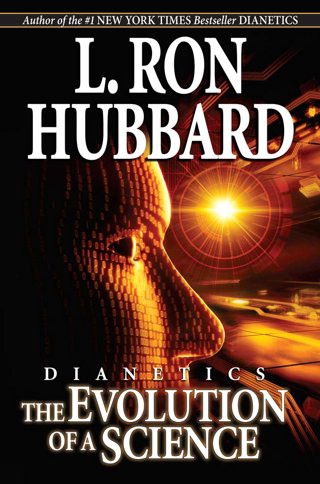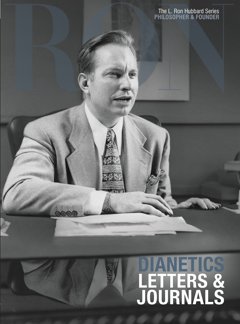The Ultimate Guide To Dianetics
The Ultimate Guide To Dianetics
Blog Article
Dianetics for Beginners
Table of ContentsThe Ultimate Guide To DianeticsDianetics Fundamentals Explained4 Easy Facts About Dianetics Described5 Simple Techniques For Dianetics
I could not ever not intend to receive anything that comes to mind for you- if it was or else, I would not be sitting here with you, doing this. I not just could never ever have a trouble, or otherwise intend to hear something that enters your mind for you, however I'm entirely anxious to understand every concept, every idea, every photo or feeling that arises or materializes for you- do not ever think otherwise, and if for one reason or another you do, please just allow me know! Often, you may have a thought, and photo, idea or occurrence turn up that does not seem to answer the concern, or relate to it, yet nevertheless, always do tell me concerning it, and as we continue, the significance will certainly emerge for you.This is intrinsic in the basis of handling, and the topic of this discussion: the fundamental roles of the therapist and the client: The basic function of the therapist is, contrary to "basic training", not to regulate, which indicates to implement and/or inhibit, but to rather work from the basis of EMPOWERING THE CUSTOMER.

Examine This Report on Dianetics
John Mcmasters shared this standard reality wonderfully well in one of his talks on Power processing, where he clarifies exactly how he was asked what this "unique knack" was that he had for offering such excellent sessions; he had to think of that for a minute, and detected that it was what he had not been doing, along with what he was doing: he wasn't assessing, judging, computing, or actually, creating any kind of thoughts, not to mention spoken expressions, after giving the command and while waiting for the PC to complete their answer to their contentment; he was, just and only, being existing with the computer, and totally interested.
The function of the counselor, showed; that was his "unique propensity". I have had my own experience which educated me this well, very at an early stage in the game. In 1982, having actually just recently completed my training and teaching fellowship on New Period Dianetics, I was running this on a PC, and there was a factor in the session where (being a bit damp behind the ears not yet having several hours under my belt as a professional auditor) the basics computer appeared to be "taking too long" to share anything verbally after I offered him a command.
This secret turned out to be one of the most useful payment that John ever made to the topic of therapy or bookkeeping (Dianetics). In my modest point of view, it is the best contribution that any person has actually ever before made to these subjectsthe application is totally non-judgemental, non-evaluative, and lacking any recommendation, guidance or opinion.no preconditioned schedule for individuals, or 'degrees' that they must do
In Idenics, the only resource of details regarding a customer is the individual client. In Scientology we prided ourselves on not assessing for individuals. Yet all that really implied was that the auditor did not VERBALLY evaluate for the computer in session. The registrars check out this site and ethics police officers examined for the computer.
More About Dianetics

Anyone who had actually ever before seen John audit can not help but notice a distinct top quality in his auditing."The client's fundamental role is to be there with the objective of relocating the direction of their spiritual goals, and to openly and completely express and experience whatever materializes for them in answering the inquiries and executing the instructions in the processing.
This is something to process as needed. Also, individuals often have previous experience and/or brainwashing in auditing/processing which, in some methods, and to some levels, really misleads them into mindsets, ideas and habits patterns that stop the full awareness of these duties, and so they will certainly have a tendency to prevent the expressing of what comes to mind, as in the examples given over - Dianetics. * The initial, and probably foremost instances of mis-indoctrination bring about much less than totally smooth and effective sessions, can be located in certain facets of the training routines, or "TR's":"TR's" are frequently an individual's very first, or a minimum of early, experience in Scientology, and while I will go on to describe what I view as the imperfections in idea and practice, nevertheless, have a tendency to be substantially healing, done as they are given (Hubbard firmly insists that "TR's are not refining, they are educating", but factually, they are both processing AND training)
There is no "flunking", and no rejection of the fact of this being handling. The emphasis, as it should be, is on experiencing the other person's presence.
The 6-Second Trick For Dianetics

Report this page